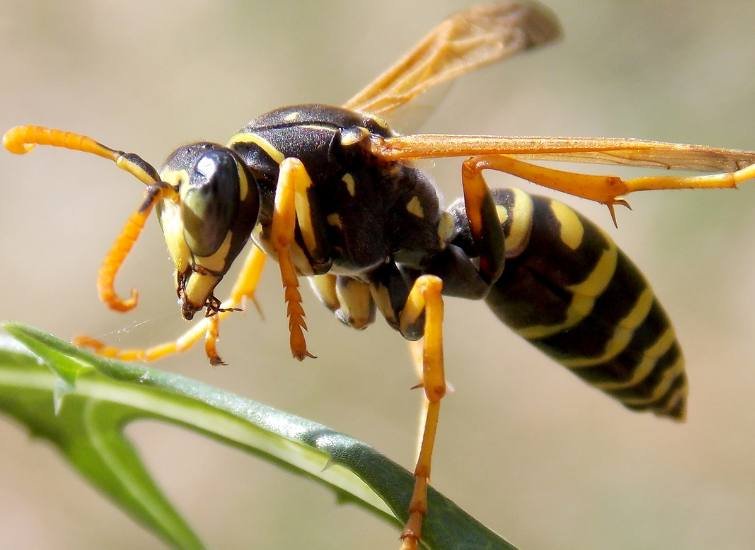Wasps, often perceived as aggressive and a nuisance, are actually a vital part of our ecosystem. They play a significant role in controlling pest populations and pollinating plants. However, they are also a source of food for various predators. This article delves into the intriguing world of animals that prey on wasps, offering insights into this lesser-known aspect of the natural food chain.
Predators of Wasps: A Diverse Group
Wasps, despite their stingers and aggressive reputation, are preyed upon by a variety of animals. These predators have evolved unique strategies to safely consume wasps, avoiding their painful stings.
Birds That Feed on Wasps
Some bird species, such as starlings, magpies, and sparrows, have developed techniques to catch and eat wasps without getting stung. They often target the wasps when they are vulnerable, like when feeding or at their nests. These birds contribute to regulating wasp populations in their habitats.
Mammals Eating Wasps
Certain mammals, like bears and badgers, are known to raid wasp nests to feed on the larvae and adults. Their thick fur and skin provide some protection against stings. This feeding habit showcases the complex interactions between different species in the wild.
Amphibians and Reptiles as Wasp Predators
Amphibians like frogs and toads, along with some reptiles such as lizards, also include wasps in their diet. Their quick reflexes allow them to catch wasps mid-air, and their skin can withstand the stings to some extent.
The Role of Insects in Controlling Wasp Populations
Insects such as dragonflies and praying mantises are natural predators of wasps. They play a crucial role in maintaining the balance in ecosystems by keeping wasp numbers in check.
Insect Predation on Wasps
Dragonflies are adept at catching wasps in flight, while praying mantises use their camouflage and lightning-fast strikes to capture unsuspecting wasps. These insect-on-insect interactions are fascinating examples of nature’s balance.
The Significance of Wasp Predation in Ecosystems
The presence of wasp predators is essential for ecological balance. By preying on wasps, these animals help control wasp populations, preventing overpopulation and the problems that can accompany it.
Ecological Impact of Wasp Predation
Through predation, these animals help in managing the number of wasps, thus contributing to a balanced ecosystem. It’s a natural form of pest control that supports biodiversity and the health of habitats.
The Interconnectedness of Nature
The dynamics of wasp predation highlight the interconnectedness of species within ecosystems. Understanding these relationships is crucial for appreciating the complexity and beauty of the natural world.
More Question about the Wasps
Which birds eat wasps?
Starlings, magpies, and sparrows are among the birds known to feed on wasps.
Do any mammals eat wasps?
Yes, mammals like bears and badgers sometimes consume wasps and their larvae.
Can insects prey on wasps?
Absolutely, insects such as dragonflies and praying mantises are known to prey on wasps.


